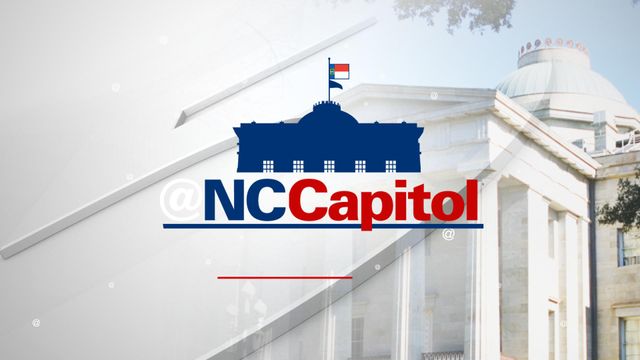Ethics Law Opens Hearings, Legal Funds to Scrutiny
Former House Speaker Jim Black didn't cast a vote -- he was in jail at the time -- but he did help passed a new ethics law Thursday night.
Posted — UpdatedBlack, who is serving a 63-month sentence for public corruption at a federal prison camp in Lewisburg, Pa., used campaign funds to help pay his attorneys fees as he faced both federal and state investigations into his financial activities. He also set up a separate legal defense fund and collected public contributions for it.
But House Bill 1111, passed late Thursday before lawmakers adjourned this year's legislative session, would make future legal defense funds open to the public.
"That's an important step, so we'd never have a situation like that where we have a lawmaker under criminal investigation who's also raising money from special interests he helps regulate to pay for his legal defense," said Joe Sinsheimer, a former political consultant and outspoken critic of Black.
The bill also opens to the public state Ethics Commission hearings involving lawmakers.
"It's important to have transparency. (It's) a victory for the people," said Bob Phillips, executive director of Common Cause North Carolina, a political watchdog group.
Phillips pushed for the bill, saying ethics hearings shouldn't be kept under wraps.
"That's the very thing that we don't want in government. Transparency is better -- more transparency, not less -- and lawmakers recognize that. I give them credit," he said.
Open-government advocates say more work needs to be done. Although stricter campaign reporting requirements and limits on lobbyists entertaining lawmakers were adopted last year, reformers want to limit the ability of lobbyists to raise money for lawmakers.
The $500,000 check given to Black by lobbyist Don Beason seven years ago, which came to light during Black's sentencing hearings last month, still raises questions. Lobbyists can no longer make personal campaign contributions, but political parties can take in such donations and distribute the money to candidates with little or no limits.
"Anytime we have an opportunity for people to write $100,000 or $500,000 checks and the public doesn't know about it until after the election, that's a really dangerous situation," Sinsheimer said.
• Credits
Copyright 2024 by Capitol Broadcasting Company. All rights reserved. This material may not be published, broadcast, rewritten or redistributed.





